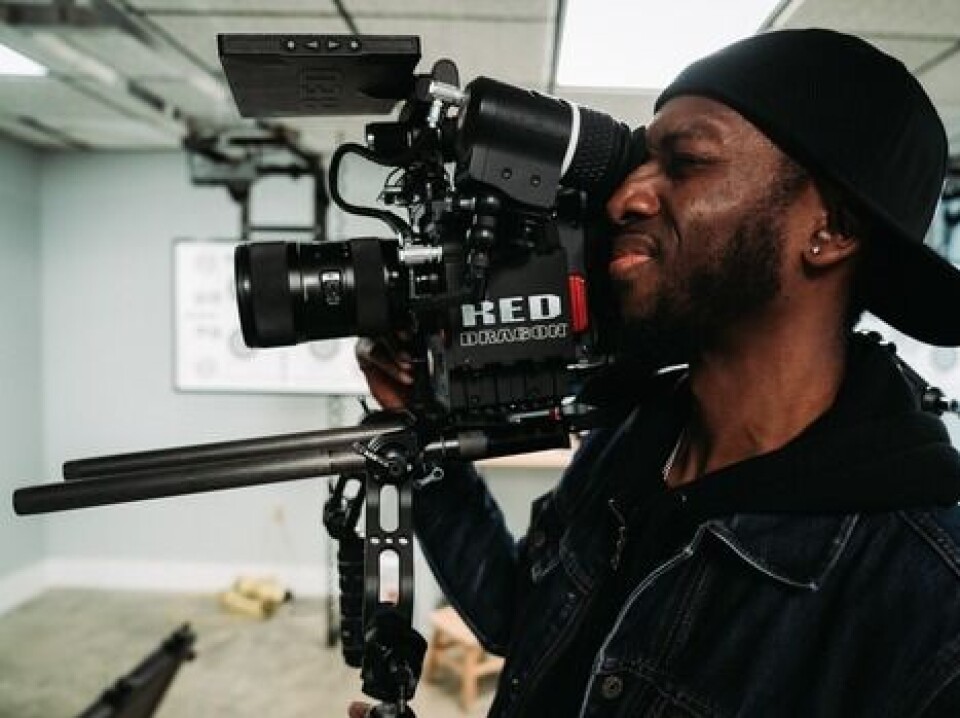In the past 27 years, numerous journalists have been killed, abducted or arrested in DRC in the course of their work, with many of these instances occurring in North Kivu province. Six journalists have been killed since 2014 and another one was abducted in the first quarter of 2023 in Goma. To date there have been no prosecutions against the perpetrators of these crimes.
Since January 2023, 11 cases of press freedom violations have been recorded in North Kivu by the National Union of the Press of Congo (UNPC).
“It appears that there have been no serious investigations into all these cases, which have been closed without follow-up by the prosecutor’s office in North Kivu,” confided a magistrate from the commercial court in Goma who agreed to speak anonymously on the subject.
Some cases were closed without investigation because the family did not file a complaint, but this goes against DRC’s law; judicial officers are supposed to investigate crimes even if the victims or their relatives do not file a complaint.
The UNPC is aware that some families of killed journalists are reluctant to file a complaint because they feel they are unlikely to receive real justice in the DRC. This has become a general trend in the country, with more and more aggrieved citizens no longer bringing cases before the courts because they don’t believe justice will be served. Some Congolese civil society activists regularly state in their reports and the media that this situation is at the root of the incidents of mob justice which are common in Congolese cities and towns.
The UNPC intends to gather sufficient information on the killed journalists in order to bring the cases to justice as the “professional family” of the victims. However, Jean-Paul Lumbu Lumbu, a legal expert and vice-president of the provincial assembly of North Kivu, told journalists that UNPC will have a challenge proving to the justice system that these journalists’ deaths caused damage to the functioning of the journalists’ guild in North Kivu, in order to convince it to open investigations and take them to trial.
All the same, UNPC’s president, Rosalie Zawadi, said the organisation will try to obtain justice for the murdered journalists to dissuade those who currently attack them with impunity.
On 13 March 2023 a new law on press freedom was promulgated in the DRC, replacing the 1996 law, and journalists’ rights organisations hoped this was a sign that authorities of the current regime will listen more to their voices.
Journalists and their associations, including UNPC, Journalist in Danger (JED) and Association of Lawyers for the Defense of the Media (ASADEM) have been fighting for decades to decriminalise press offences that either limited press freedom or were a motive for politicians and third parties to hound journalists. To their surprise, the new press law maintains press offences as a criminal offence in its Article 138. According to the UNPC, the fight for the decriminalisation of press offences must continue. The organisation notes, however, that the only advantage of the new law from a prosecution point of view is the replacement of some prison sentences with fines.
The DRC ranked 124 out of 180 in the latest Reporters Without Borders Press Freedom Index, with a 161/180 rank on the security indicator. In its report published in November 2022, JED highlighted 124 attacks against journalists and media organisations in DRC in 2022 alone.
To join Africa Legal's mailing list please click here

